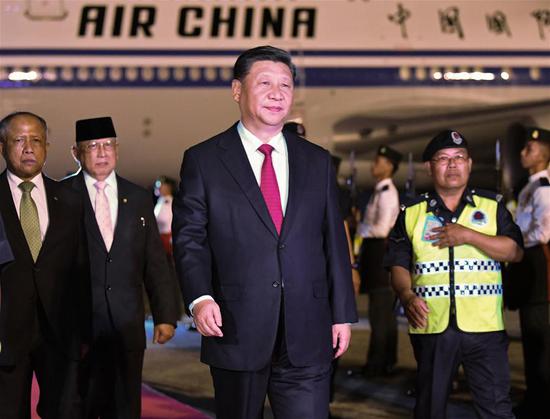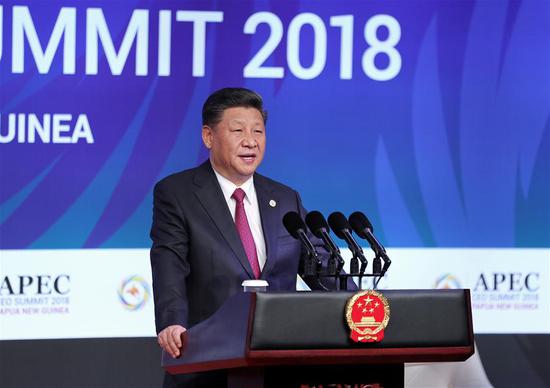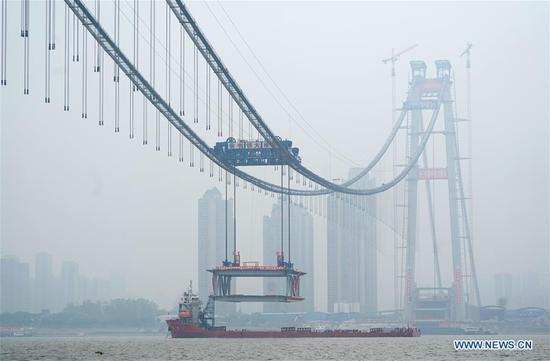China's banking and insurance regulator is proposing more practical measures to further support financing for private companies as a way to continue shoring up the real economy, a senior official said on Monday.
The proposal may be submitted to the State Council as early as this week, according to Zhou Liang, vice-chairman of the China Banking and Insurance Regulatory Commission, who said specific measures will focus on removing obstacles to getting much-needed funds to private enterprises and the real economy as a whole.
In the proposal, the commission suggested easing repayment burdens by further lowering enterprises' financing costs and facilitating the program to transfer debt into equities held by banks.
Commercial banks should not restrict or cut off lending for private companies that are operating normally but find themselves confronted with temporary financing difficulties, Zhou said.
Private firms can take advantage of financial derivatives to ease the risk of share pledging, in which company shares are used as collateral for debt. Asset management companies could provide special products to prevent liquidity constraints facing private companies, Zhou added..
Private companies could obtain financing support when they have temporary liquidity difficulties if they have a reasonable debt level, sound corporate governance and the status of important clients for commercial banks, according to a draft document from the regulatory commission.
Analysts said instead of a simple easing of financial regulations, measures may be more targeted, though some policymakers have realized that the earlier deleveraging campaign might have hurt the private sector to some extent.
"Banks and insurance companies should not only care about their own profitability, but give more consideration to enterprises' performance in the real economy," Zhou said. He also said banks' old growth model of chasing fast asset expansion needs to change to a "quality-driven" model.
Guo Shuqing, chairman of the regulatory commission, said in an earlier interview that banks should face difficulties together with enterprises to avoid dire results by suddenly cutting off loans. It is also a way to reduce losses from debt defaults, he added.
Earlier this year, tightened regulations were launched to contain "nonstandard financing activities" such as some forms of credit outside formal bank loans. As a result, regular bank lending has picked up recently, Zhou said. But some such nonstandard loans, which can effectively transmit money into the real economy, could be encouraged, he said.
"In recent weeks, authorities started to pump more support into private companies," said Song Yu, an economist with Goldman Sachs. But Song said internal growth momentum "remains weak as financial institutions and real economy companies remain cautious".
New renminbi loans stood at 697 billion yuan ($100 billion) in October, down from 1.38 trillion yuan in September, according to the People's Bank of China, the central bank.
Bank lending to the private sector accounts for about 25 percent of overall outstanding loans. But private companies contributed more than 60 percent of the country's total GDP.


















































